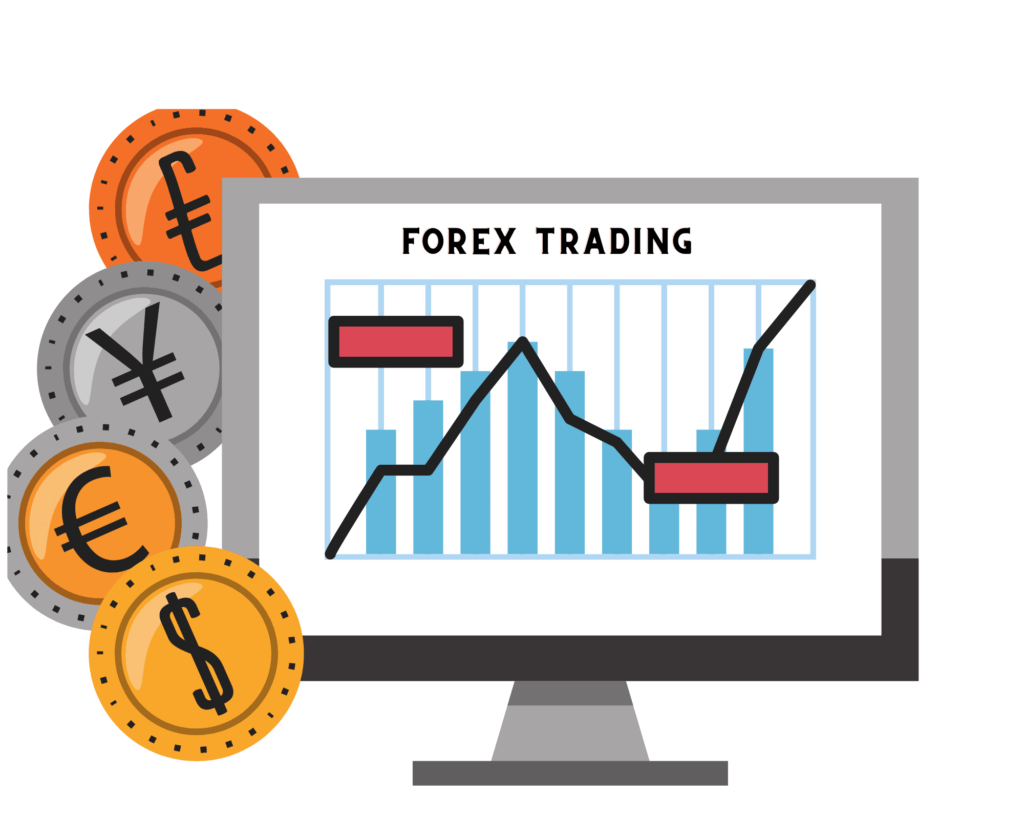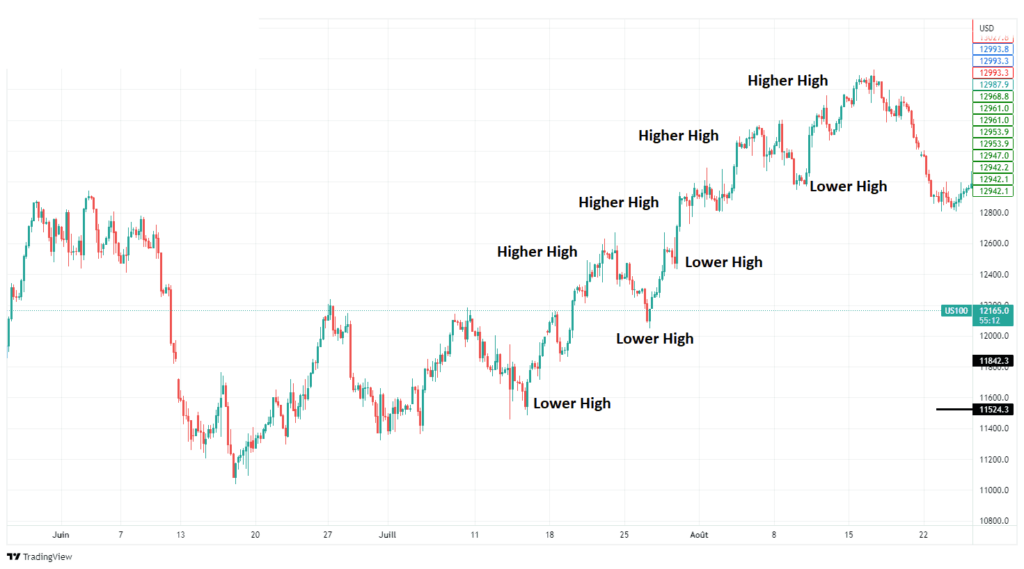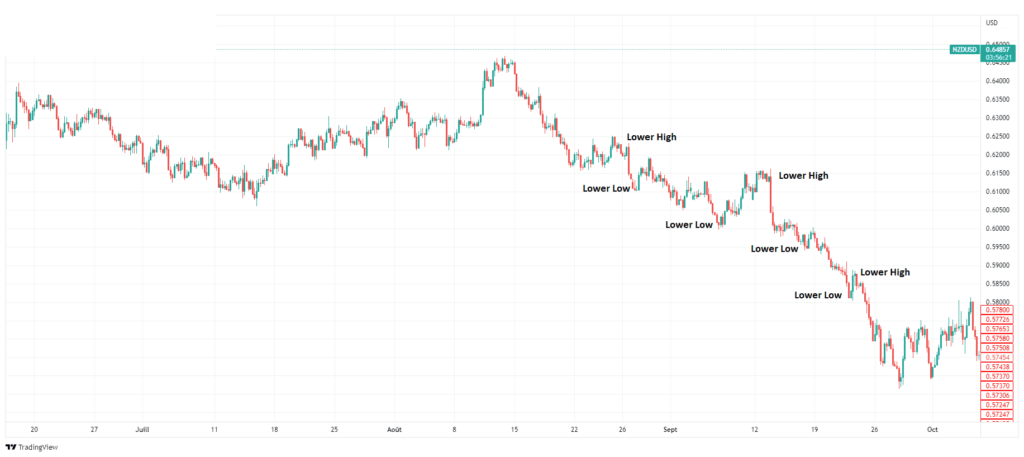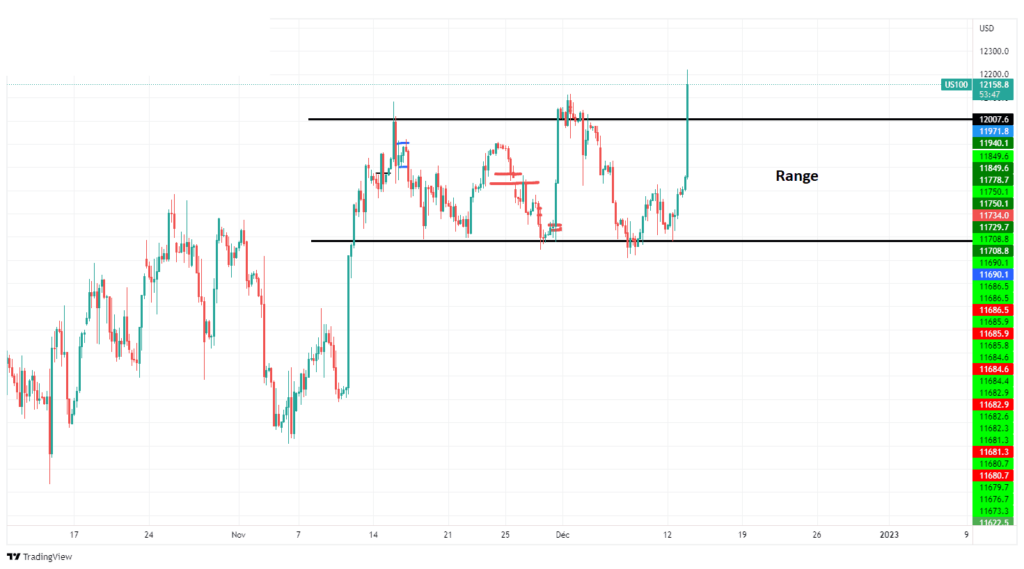Forex Trading returns on investment is one the topics that you must know before starting trading,If you’re looking at forex trading as a way to grow your money, you’ve probably heard two things: one, it offers huge opportunities, and two, it’s risky business. Both are true. Forex is like a double-edged sword—you can make solid returns, but you can just as easily face losses if you don’t know what you’re doing. Let’s break it down, trader to trader.
Forex Trading: A World of Opportunities
The forex market is the largest and most liquid financial market in the world. That means:
- 24/5 action: There’s always a currency pair moving somewhere, giving you opportunities around the clock.
- Diverse strategies: Whether you’re a long-term investor aiming for steady gains or a short-term trader hunting quick profits, forex has something for everyone.
But here’s the catch: forex isn’t a magic money machine. It’s a fast-moving, volatile market, and your returns depend on your strategy, skills, and, yes, a little bit of luck,i will share with you later in this article what impact Forex Trading returns on investment and some tips toe maximize your returns.
What Kind of Returns Can You Expect?
This is the big question, right? How much money can you make? The answer: it depends.
- Some traders see consistent gains of 5-10% per month, while others aim for smaller, steady profits.
- On the flip side, over-leveraged traders or those chasing unrealistic returns can blow up their accounts just as quickly.
The key is understanding that forex is not a get-rich-quick scheme. It’s about consistent growth over time, not overnight riches.
Forex trading is full of potential, but it’s not for the faint-hearted. Yes, you can make impressive returns—but only if you approach it with discipline, patience, and a solid plan.
Remember, it’s not about hitting home runs with every trade. It’s about consistent, steady progress. Focus on the process, manage your risk, and let the returns follow. Let’s trade smart, stay sharp, and build those returns one step at a time.
what are forex trading returns on investment?

ROI is a ratio or percentage that measures the profitability or effectiveness of a certain business or investment.
in forex trading, the returns on investment depend on whether you have a profitable strategy or not.
Returns are also influenced by the size of your trading balance. It’s incredibly challenging to earn respectable returns on a small investment. Generally speaking, expert traders advise having a trading account with at least $10,000 to start.
How to Calculate forex trading returns on investment (ROI):
the mathematical formula of ROI is below:
ROI = (Current Value – Total Cost) / Total Cost.
for example, if a trader buys a 1000 USD stock, if the stock jump jump in price to $1500, the trader would have an ROI of 0.50 or 50%.
What are the key factors that influence forex trading returns?
Understanding the various aspects that can affect the amount of profit you’ll be able to earn on a monthly or annual basis is very important when planning your forex trading career and estimating the potential returns.
the key factors that influence forex trading returns are as follow:
1-Trading Strategy:
A trading strategy is a method used by a trader to buy and sell assets in the markets. The foundation of a trading strategy is a set of guidelines and standards that are applied before making any trades.
So as a result using different trading strategies will, gives different results within the forex markets, There are strategies with small probabilities but with low risk, on the other hand, there are also strategies with big risks that have much larger swings in profit and loss.
In general, termes when choosing a forex trading strategy Your risk tolerance needs to be determined, What kind of financial commitment are you willing to make? What is your maximum drawdown? What is the lowest acceptable risk-to-reward ratio? you should answer all those questions before choosing a forex trading strategy.
2- The Market Conditions:
Market conditions are the state of a sector of the economy or a financial market, these condition help traders around the world to make decisions on buying or selling an asset.
In the forex market we have 3 main types of the market condition: trending, Ranges, and channels markets.
We say a market is trending if a price series continually closes either higher or lower, An upward trending market goes up it is known by higher highs and higher lows like in the image below:

A downtrend is when price action is moving lower, and is most recognizable by lower lows and lower highs like in the example below:

a ranging market is a market that moves between a certain high price and a low price:

Channel is a trading range bound by a trend line.
sometimes we can see many market conditions in one day in different time frames, and they can play a huge factor in the amount of return that you can make on a monthly or annual basis.
3-Trading psychology for high forex Trading returns on investment :

Trading psychology is a term that is used to describe the thoughts and actions that a trader takes to make successful trades. The goal of trading psychology is to make sure that the trader is in a positive mindset and that he or she is taking the right actions to make money.
So a trader with a stable mindset will always be able to see the market objectively and make profitable trades and generate big returns.
The forex balance is all the money in your forex trading account, so when it comes to making good returns you must have a big balance account to afford a large position instead of using big leverage which is very risky.
Low capital can have a significant impact on your forex trading returns. First, a low-capital forex trading account may not be able to hold as much currency as a high-capital account. This means that when the market goes down, the forex account may go down with it.
Second, a low-capital forex account may not be able to afford to take large positions in the market. This means that if the market goes up, the forex account may not be able to profit from the increase.
5-Managing Risk :
As in life, risk management is essential to success as a forex trader. Even if you are an experienced trader, if you don’t have a good risk management understanding, you can lose all your money. The most important thing you need to do is protect what you already have, not earn money.
What return on investment hedge funds company gets:
A hedge fund is a group of private investors whose capital is managed by experienced fund managers. These managers employ a variety of strategies, such as borrowing money or trading in non-traditional assets, to generate returns on investments that are higher than average.
Having behind a raging bull market by only 3 percentage points, the Top 50 funds together produced annualized gains that were more than twice the industry average over the past five years (15.5%). The Top 50 managed to keep pace with the S&P 500 with little risk and little market connection.
learn more about the top 50 funds here
How to improve forex trading return as a trader?

As a trader, you can improve your forex trading return by compounding Trading Profits ,compounding your trading profits is one of the most important aspects of forex trading. Compounding is simply adding a small profit to another small profit over time.
This is why it is so important to trade with a consistent forex strategy and avoid making too many big moves.
Over time, this can add up to significant profits. For example, if you make $1000 in profits in your first month of trading, and then make $2000 in profits in the next month, your total profits would be $3000. However, if you make $100 in profits in each of the next two months, your total profits would be $5000.
I know you want more Tips for Maximizing Your Forex Returns on investment, and you want to give yourself the best shot at success? Here’s how:
1. Start Small
Don’t go all-in from day one. Trade with a small account, learn the ropes, and build your skills before increasing your stakes.
2. Focus on Risk-Reward
Always look for trades where the potential reward outweighs the risk. A good rule of thumb? Aim for a 1:2 risk-reward ratio or better.
3. Master One Strategy First
It’s tempting to jump between strategies, but focus on mastering one at a time. Whether it’s trend-following, range trading, or breakout strategies, consistency is key.
4. Stay Educated
Markets change, and so should your knowledge. Keep learning, refining your skills, and staying up to date with market trends.
5. Track Your Performance
Keep a journal of every trade. Analyze what worked, what didn’t, and why. This self-review is where the real growth happens.
Conclusion:
Forex trading is a long journey with immense potential, but it’s not a one-size-fits-all approach. Success lies in understanding that consistent growth takes time, discipline, and a clear strategy. It’s not about chasing overnight riches or risking everything on a single trade—it’s about building a solid foundation and stacking up those wins over time.
Remember, the forex Trading returns on investment you achieve depend on the work you put in: mastering your strategy, managing your risks, and keeping your mindset in check. Whether you’re compounding profits over months or fine-tuning your risk-reward ratio, the key is to stay focused and adaptive.
Think of forex trading as a marathon, not a sprint. Celebrate the small victories, learn from the inevitable losses, and always keep your eye on the long-term goal. The market is full of opportunities, and with the right mindset and tools, you’re well on your way to achieving your trading goals.
So, keep honing your skills, stay patient, and trade smart. Let’s turn those pips into profits, one calculated move at a time. See you on the trading floor!